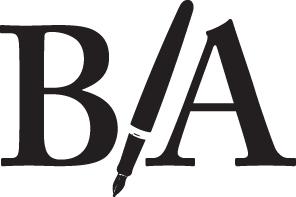The Three Disciplines of Listening Well
After a weekend of more social interaction than I typically prefer, I’ve come to an obvious conclusion.
Listening is a lost art.
And before I point fingers at anyone else, I need to do a check-in with my own listening skills.
I often find myself in three kinds of conversations:
Ones where I am the learner.
Ones where I am the teacher.
Ones where I am the conversation dropout because of either ignorance or indifference.
Listening as a learner is easier than listening as a teacher or a dropout. The solution is to be the learner 90% of the time, the teacher 10% (or less), and drop out of everything else. Intentionally.
But, in every case, I am implementing these three disciplines.
1. The discipline of not interrupting
As a verbal processor, this is sometimes difficult. I’m discovering that my thoughts don’t disappear into the thin air of brain if I don’t say them out loud. Often they’re better and more refined when they marinate a little longer.
2. The discipline of language economy
Sometimes people drone on about things. Whether it’s a lack of clarity or self-absorption, endless droning does little to help with better listening. Stop talking. Stop taking center stage. Get clarity before entering a conversation.
3. The discipline of asking questions (rather than waiting to reply)
Listening with the intent to reply is a very different posture than listening with an intent to understand. The secret is asking questions. As you develop a genuine curiosity about other people, listening becomes an easier task.
Influence grows when people feel listened to.
And the wisdom of the Proverb prevails here.
Even a fool who keeps silent is considered wise; when he closes his lips, he is deemed intelligent. - Proverbs 17:28

